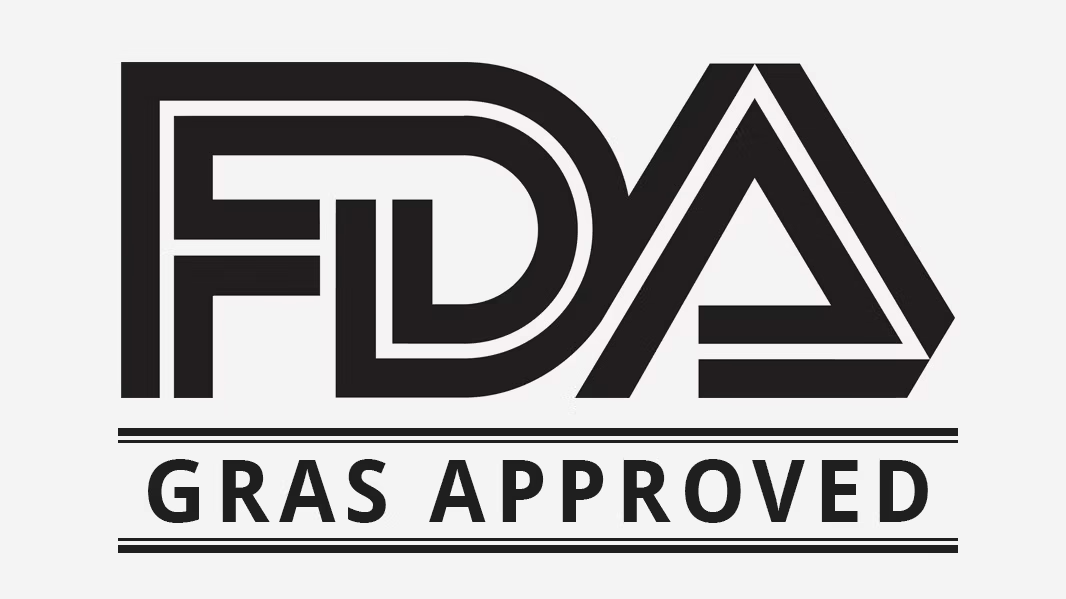HHS Targets GRAS "Loophole" for Rule-Making: What Food Companies Need to Know
March 27, 2025In a headline-making move that could reshape how certain ingredients enter the U.S. food supply, U.S. Health and Human Services (HHS) Secretary Robert F. Kennedy Jr. has directed the FDA to explore eliminating the “self-affirmed” GRAS (Generally Recognized as Safe) pathway. The move has immediate implications for food manufacturers, suppliers, and ingredient developers.
For those who manufacture, import, or use food ingredients in the U.S.: the regulatory shortcut that has allowed companies to self-determine safety without notifying the FDA may soon be gone.
According to Gardner Law Senior Counsel and food law expert David Graham,
“This marks a major turning point in how the U.S. regulates food additives. Companies will no longer be able to rely on internal safety conclusions. FDA approval and increased monitoring and oversight of food ingredients may soon become mandatory.”
What’s Changing and Why It Matters

The GRAS pathway has long had two tracks: (1) voluntary FDA notification, or (2) self-affirmation with no disclosure. Secretary Kennedy’s directive targets the latter—calling it a “loophole” that has allowed unknown or insufficiently reviewed substances into the food supply. The HHS announcement frames this as a consumer transparency issue. By requiring companies to publicly notify the FDA of new ingredients and provide comprehensive safety data before market introduction, the FDA can ensure a more rigorous evaluation process. This approach seeks to prevent potentially harmful substances from entering the food supply without adequate oversight, thereby safeguarding public health. But the downstream effect will be more oversight, more documentation, and less speed for companies introducing new ingredients.
If finalized, the rule-making could require:
- Mandatory FDA notification for all new GRAS uses
- Public disclosure of ingredient identity, intended use, and safety data
- FDA review before market entry
This will not only increase costs and timelines for R&D and product launches—it may also expose proprietary formulations to added scrutiny from competitors, NGOs, and plaintiff's attorneys.
What Food Companies Should Be Doing Now
For companies that have historically used the self-affirmed GRAS route:
- Review all past GRAS determinations to assess risk exposure if disclosure becomes required retroactively or is challenged by regulators.
- Begin preparing documentation that would be needed under a more formal GRAS Notification process, including safety studies and expert consensus.
- Monitor closely for proposed rule-making, and be ready to submit comments or seek counsel on how your products may be affected.
Food tech, alternative proteins, supplement companies, and CPG innovators should be especially alert: the FDA has historically leaned on GRAS to regulate novel food ingredients—including flavors, functional ingredients, and delivery systems.
Our Take
This is more than a policy tweak. It's a major policy shift at the FDA under new leadership—away from deference to industry and toward aggressive regulation and oversight. The current voluntary system may not survive.
At Gardner Law, we’ll be tracking the FDA’s next steps, potential legislative actions from Congress, and the likely timeline for proposed rules. We’re advising clients on how to prepare for the end of self-affirmed GRAS and proactively mitigate risk.
Need a second opinion on your ingredient safety strategy? We’re here to help. Schedule a call with David today.